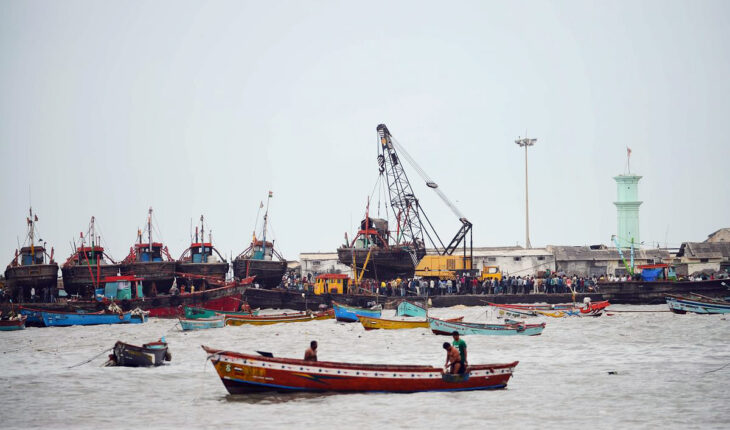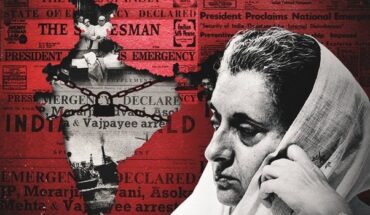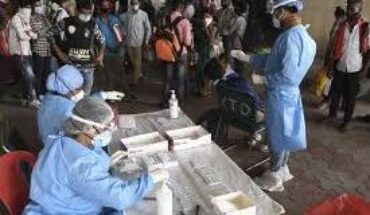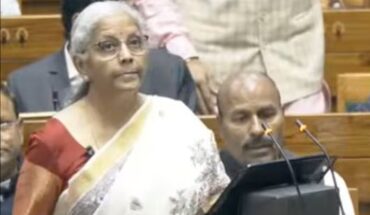Jatin Desai calls for release of imprisoned fishermen in both India and Pakistan
Along the coastal areas of Porbandar, Mangrol, Veraval in Gujarat and the Union Territory of Diu on India’s western coast are hundreds of families whose lives have been torn asunder, the men of their households missing with only stray hopes of their return, women and children struggling to make ends meet and see another sunrise. The men are currently in jail in Pakistan, their families barely aware of their health and welfare. Their only ‘crime’ was that they were doing their work in the waters between India and Pakistan. These are fishermen who inadvertently crossed the invisible line in the water between the countries. As fishermen do not get ample fish on the Gujarat side, they have no option but to go farther and farther out into the sea. As they fish in mid-sea, they end up in waters controlled by Pakistan and are arrested for inadvertently entering into that country.
India and Pakistan exchanged lists of prisoners on July 1 as per which 270 Indian fishermen and 54 civilian prisoners are in Pakistan’s prisons. India has 97 Pakistani fishermen and 265 civilian prisoners in its jails. In more friendly or less antagonistic circumstances, they would have been released after a formal procedure to check that they were really fishermen and not spies, but, in these times of suspicion, the value of their lives lies at the altar of bilateral relations. Consequently, their families suffer. On average, these men would have spent one-and-a-half years in prisons. Uncertainty hangs over them like the proverbial Damocles’s sword, given that in their prison cells, they have little knowledge of when they will be released and repatriated.
This is not a new problem; it has dragged on for years together, without a resolution in sight. To address this issue, in 2008, India and Pakistan had formed a judicial committee consisting of four retired judges from each country. The committee used to visit prisons of the other country specifically to meet the prisoners, examine consular access, status of their cases, delay in release and repatriation, their health condition, and so on. It unanimously suggested release and repatriation of fishermen and a few women prisoners. The governments of both countries praised their work but did not implement the recommendations. The last meeting was held in October 2013. Five years later, there was a move to revive the panel. India nominated its four members but Pakistan did not. It is yet to take a step in that direction. Islamabad must do so urgently and call a meeting, given that the last meeting was held in India.
Returning their boats
Further, when fishermen are arrested, their boats are also confiscated. Their release means little till they get back possession of their boats from the other country. Both the countries should release those boats which can sail with some repair work. It is also time that the two countries now consider adopting a ‘no-arrest policy’ in the case of fishermen.
In the coastal villages of both the countries, when men are imprisoned in the other country, women bear the brunt of the load, while somehow holding their families together. The pain is the same on both sides of the border. There are many examples across villages where the children of the arrested fishermen have lost their childhoods. As the COVID-19 pandemic wreaks havoc in both countries, there are growing concerns for the health of the arrested fishermen among their families. There is hardly any communication between the two except for some stray letters which are delayed. The families have no definite way to know that their loved ones are safe from the virus. For the arrested fishermen, it is an issue of survival. For India and Pakistan celebrating their Independence Days this month, it should become a humanitarian issue and an appropriate occasion to release and repatriate fishermen. Let the fishermen too have their freedoms back.
Jatin Desai is with the Pakistan-India Peoples’s Forum for Peace and Democracy. Views expressed are his own






